Engaging with Engagement – Connecting Science, Public Engagement Masterclass at the Wellcome Genome Campus
November 7, 2019
This post is written by Dr Peter Craigon At the beginning of July I visited the Wellcome Genome campus south of Cambridge to attend the ‘Public Engagement Masterclass’ put on by the Connecting Science project supported by the Wellcome Trust (https://coursesandconferences.wellcomegenomecampus.org/our-events/pem2019/ ). Whilst I felt like I had an understanding of the role of public …
Measuring carbon and water cycles in crop resource-use efficiency research
September 30, 2019
This post is written by Erik Murchie, Lorna McAusland, and Georgina Barratt Plants are active day and night, performing myriad processes in metabolism, conducting environmental sensing and responding to stimuli. The processes that draw carbon and water from the environment and into the plant and that shift oxygen and water out of the plant (photosynthesis, …
Duckweed: plant for the future!
August 15, 2019
One of the wonderful things about science is the sense of exploration into the expanse of the unknown. Finding future food sources, particularly protein, outside of livestock, is becoming increasingly important, for both human and animal diets. It is easy, despite the myriad of possible research avenues, to become stuck down a single trajectory, chipping …
Studying food safety in Brazil
August 7, 2019
The Food Safety in Brazil course is a second year module offered to Biosciences students at the University of Nottingham, funded by the Future Food Beacon. Established in 2017, the Food Safety course offers students the opportunity to travel to Brazil for a week to learn about contemporary issues in food safety. The course draws …
AfriPlantSci 2019: Healthy Plants, Healthy People, Healthy Planet: Building African capacity to tackle African Plant Health Challenges in Africa
July 24, 2019
This post is written by Dr Silvia Busoms and Assoc Prof Levi Yant It’s an exhilarating time for outward-looking researchers who wish to engage with the rest of the world. It has never been easier to make links with like-minded workers anywhere to team up together to tackle real world problems. As a result, international research …
Future Food Collaborators: Luisa’s Vegan Chocolates
July 9, 2019
Luisa Vicinanza-Bedi is a chocolate maker based in Sneinton Market in Nottingham. Her company, Luisa’s Vegan Chocolates, makes bean to bar chocolates using cocoa beans sourced directly from farmer’s around the world. Luisa is collaborating with the Future Food Beacon on an Innovate UK project in Colombia. Luisa spoke to Lexi Earl about her company, …
Giant Swamp Taro: plant for the future?
June 7, 2019
Giant Swamp Taro (Cyrtosperma merkusii) is an underutilised but highly productive plant native to the North Sulawesi region of Indonesia. It can grow up to 5 metres tall, and may produce tubers underground that are 2 metres in diameter and up to 3 metres in length. It grows in flooded, brackish conditions. This makes it an …
Global-local knowledge systems for innovation and entrepreneurship in the developing world: An international workshop in Nottingham, 2-3 May 2019
May 29, 2019
This post was written by Dr Bin Wu and Dr Peter Noy. About 2 billion people (two thirds of the population) in the developing world live on about 500 million small farms, defined as plots of land smaller than 2 hectares. Smallholder farmers are “knowledge-rich, but economically poor” and there is a significant gap in …

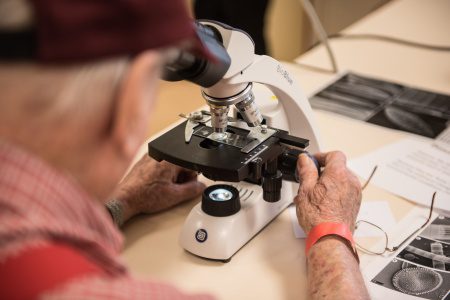

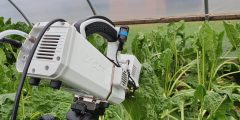
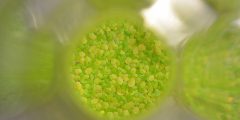
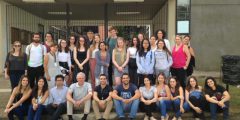
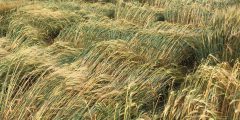

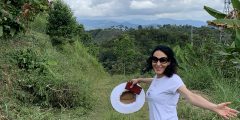
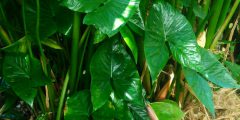
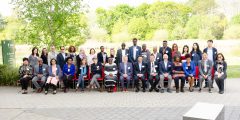
Recent Comments